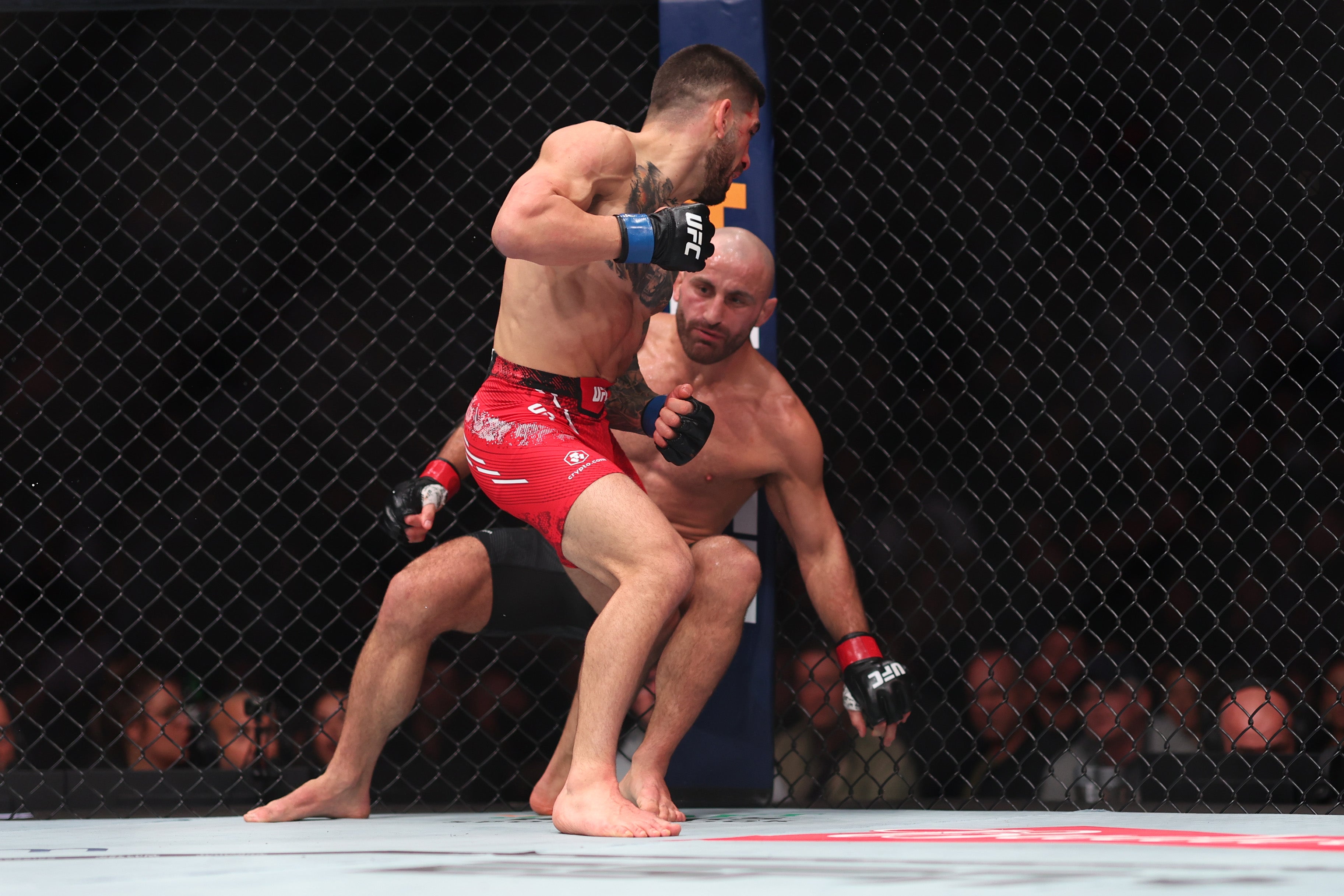FTC Challenges Court Ruling On Microsoft's Activision Blizzard Acquisition

Table of Contents
The Initial Court Ruling and its Implications
A federal judge initially dismissed the FTC's attempt to block Microsoft's acquisition of Activision Blizzard. The ruling, delivered in July 2023, hinged on the judge's assessment that the FTC hadn't convincingly proven the merger would substantially lessen competition.
- Judge's key arguments against the FTC's claims: The judge found the FTC's arguments regarding the potential for anti-competitive behavior, specifically concerning Call of Duty, lacked sufficient evidence. The court didn't find Microsoft's plans to acquire Activision Blizzard to be anti-competitive.
- The judge's assessment of the competitive landscape: The judge considered the overall competitive landscape of the gaming market, including the presence of other major players like Sony and Nintendo, concluding that the merger wouldn't create a monopoly.
- Immediate market reactions to the decision: The initial ruling sent shockwaves through the tech and gaming industries. Microsoft's stock price saw a positive reaction, while some analysts expressed concerns about the potential precedent set by the decision.
This decision has significant implications for future mergers and acquisitions in the tech industry, potentially setting a precedent for how antitrust concerns will be evaluated in similar cases involving large corporations. The ruling suggests a higher bar for proving anti-competitive behavior in the fast-evolving tech landscape.
The FTC's Arguments Against the Acquisition
The FTC's core argument centers on the belief that Microsoft's acquisition of Activision Blizzard will create a monopoly and harm competition, particularly impacting consumers.
- Anti-competitive practices: The FTC argued that Microsoft could make Call of Duty exclusive to its Xbox ecosystem, harming competitors like Sony PlayStation, or raise prices significantly. This would lead to a reduction in the overall gaming experience.
- Market dominance: The FTC expressed concern that the merger would grant Microsoft undue market dominance across multiple gaming platforms, giving it unfair advantages in game development, distribution, and pricing.
- Harm to consumers: The FTC argued the merger could lead to higher prices for games, reduced choice for consumers, and potentially a decline in the quality of gaming experiences.
The FTC's legal strategy involves presenting evidence and arguments to counter the initial court ruling, leveraging economic models and industry data to showcase the potential negative impact of the acquisition on competition and consumers. They are appealing the initial ruling, aiming to overturn it.
Focus on Call of Duty and its Role in the Dispute
Call of Duty sits at the heart of this dispute. Its immense popularity and significant revenue generation make it a key element in the FTC's anti-competitive arguments. The FTC fears that Microsoft could make Call of Duty exclusive to Xbox, significantly harming competitors like Sony PlayStation, potentially driving users toward the Xbox ecosystem and significantly impacting the PlayStation's market share. This potential exclusivity is a major focus of the FTC's legal challenge. The FTC has proposed remedies including requiring Microsoft to license Call of Duty to competitors to maintain fair competition.
Potential Outcomes and Future Steps
The FTC's appeal could result in several outcomes:
- FTC wins, acquisition is blocked or modified: A successful appeal could lead to the acquisition being entirely blocked or subjected to significant modifications, like requiring Microsoft to divest certain assets or license key properties like Call of Duty.
- Court upholds the initial ruling, acquisition proceeds as planned: If the initial ruling is upheld, the acquisition will proceed, potentially impacting the gaming landscape significantly.
- Negotiated settlement between the FTC and Microsoft: It's possible the two parties might reach a negotiated settlement that addresses the FTC's concerns without requiring a full reversal of the court decision.
The timeline for future court proceedings or potential settlements remains uncertain, but the case is expected to continue for several months, possibly years. The ongoing legal battle keeps the gaming community and antitrust experts on edge.
Conclusion
The FTC's challenge to Microsoft's Activision Blizzard acquisition is a landmark case with far-reaching implications for the gaming industry and antitrust law. While Microsoft emphasizes the benefits for gamers, the FTC highlights potential anti-competitive practices and harm to consumers. The outcome will significantly shape the future of mergers and acquisitions in the tech sector and the competitive landscape of the gaming world. The arguments presented by both sides highlight the complexity of balancing innovation with consumer protection. To stay updated on this pivotal case and understand its impact on the gaming landscape, follow the FTC's challenge to the Microsoft Activision Blizzard acquisition. Subscribe to our newsletter for further insights and analyses on this developing story.

Featured Posts
-
 Ufc 314 Volkanovski Vs Lopes Full Fight Card And Betting Odds
May 04, 2025
Ufc 314 Volkanovski Vs Lopes Full Fight Card And Betting Odds
May 04, 2025 -
 Martin Bakole The Unexpected Replacement And The Most Avoided Debate In Boxing
May 04, 2025
Martin Bakole The Unexpected Replacement And The Most Avoided Debate In Boxing
May 04, 2025 -
 Formula 1 Star Verstappen Speaks On Fatherhood
May 04, 2025
Formula 1 Star Verstappen Speaks On Fatherhood
May 04, 2025 -
 Wind Powered Trains Reducing Pollution And Saving Energy
May 04, 2025
Wind Powered Trains Reducing Pollution And Saving Energy
May 04, 2025 -
 Alexander Volkanovski Vs Diego Lopes Ufc 314 Fight Card Analysis
May 04, 2025
Alexander Volkanovski Vs Diego Lopes Ufc 314 Fight Card Analysis
May 04, 2025
